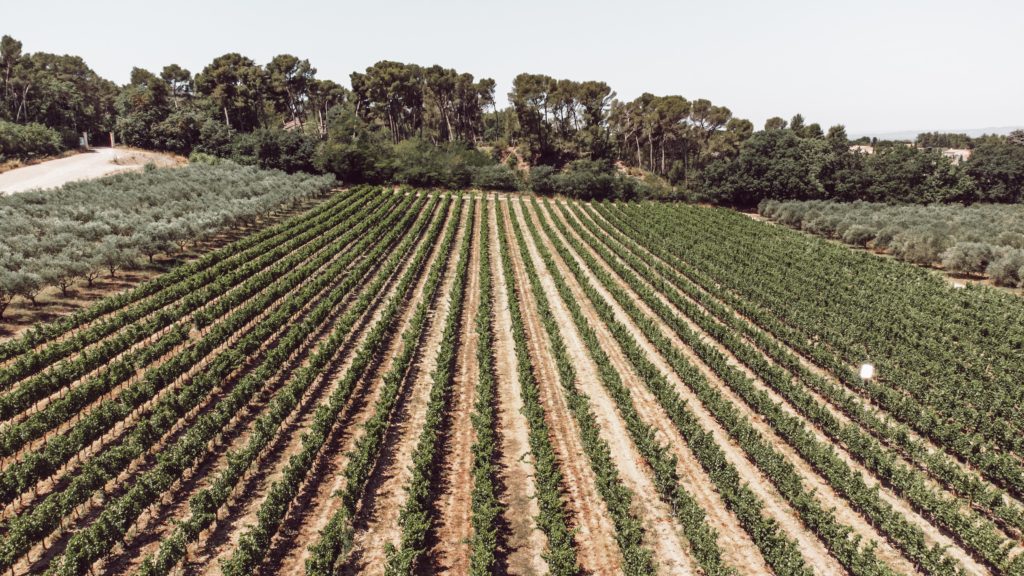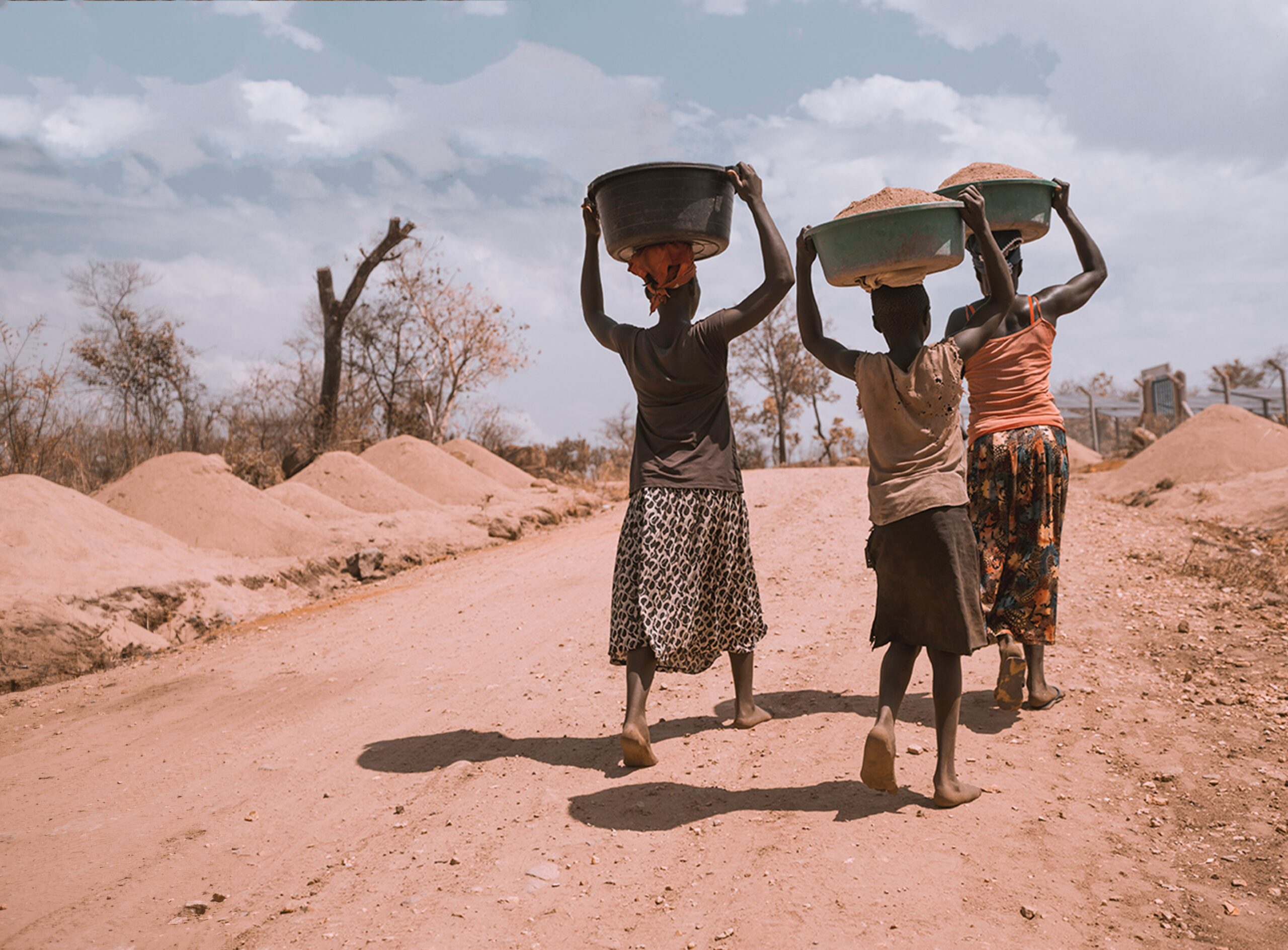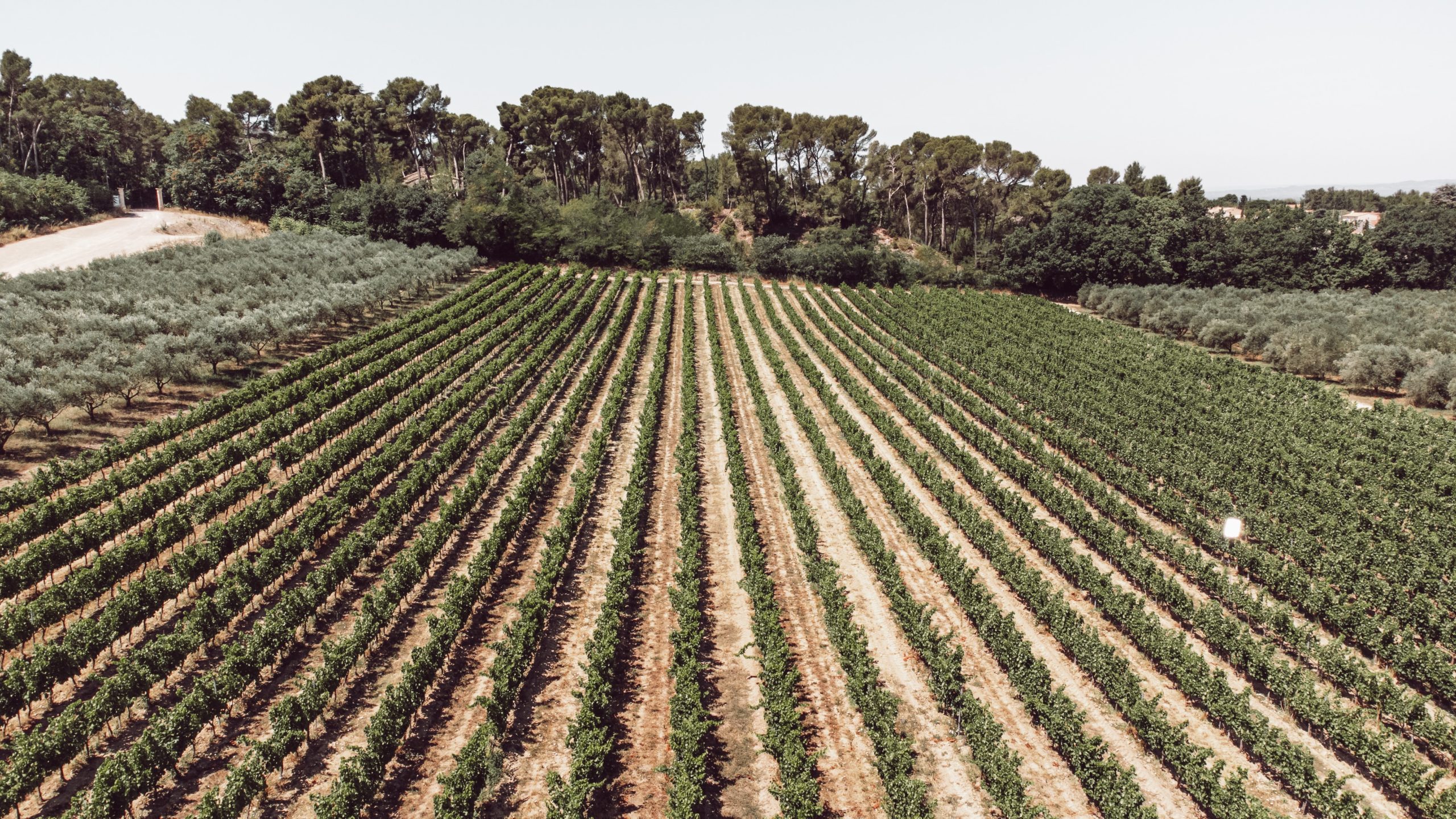The agricultural economy is mostly centered on domestic markets, subsistence farming, and the export of raw materials like food and cattle to nearby countries. Niger has routinely placed close to or below the bottom of global indices for GDP, per capita income, and the Human development index during the past 20 years. Agriculture for subsistence, animal husbandry, re-export trade, and uranium export are the main economic activities. Livestock, cowpeas, onions, and the output of Niger’s little cotton sector saw an increase in exports following the 50% depreciation of the West African CFA franc in January 1994. The largest non-mineral exports continue to be cattle to the neighboring nation of Nigeria, as well as groundnuts and their oil.

Beginning an agriculture business here calls for preparation, familiarity with the region’s agricultural market, and a dedication to operating within the specific political, social, and environmental constraints of the nation. You may find some of the most important factors to take into account in this response while beginning an agribusiness business in Niger.
Choose the appropriate crops
The region’s climate, soil type, and water availability will all influence the crops that are grown there. The following crops grow well in Niger: millet, sorghum, cowpeas, and groundnuts. These plants may thrive in the country’s dry and semi-arid regions due to their drought tolerance. The market demand for these crops and their potential profitability should also be taken into account.
Access to financing
Starting a business requires money, and the agricultural industry is no different. The National Fund for Agricultural Development (FNDA), and the Agricultural Development Bank (ADB) are a few financial institutions in Niger that offer loans and grants to agricultural firms. Understanding these organizations’ loan standards, interest rates, and repayment policies is crucial.
Land and water availability
For agriculture to function, access to land and water resources is crucial. In Niger, traditional traditions that can be complicated and necessitate discussion with local groups are the main foundation for land tenure. To protect land rights and access to water resources, it’s critical to work with local government officials and communities.
Infrastructure and transportation
Considering that Niger is a landlocked nation, travel can be difficult. Transporting goods and getting to markets may be challenging due to poor road infrastructure and restricted access. Hence, when choosing a crop and making plans for product distribution, it’s crucial to take the company’s location into account as well as the accessibility of transportation choices.
Government policies and regulations
To support agricultural enterprises, the government has put in place several laws and policies, such as price restrictions, subsidies, and tax breaks. To take advantage of possibilities and adhere to rules, it is crucial to comprehend and research these policies.
Labor and skills
The region’s ability to supply skilled labor is crucial because agriculture requires a lot of labor. With a sizable youth population and high unemployment rates, Niger might benefit from investing in training and skill development to produce a skilled labor force and stimulate the economy.
Marketing and distribution
Each agribusiness business must have access to markets to succeed. Although the domestic market here is expanding, it’s equally critical to take into account the export potential to nearby nations like Nigeria, Burkina Faso, and Mali. Creating alliances with regional exporters and dealers can aid in facilitating market access and advancing product distribution.
Climate change and environmental sustainability
The agriculture industry is especially vulnerable to climate change in the nation. To reduce these risks, it is crucial to take into account how climate change will affect the business and adopt sustainable practices. This includes making investments in agroforestry, soil protection, and irrigation.
Conclusion
In conclusion, beginning an agriculture business here involves considerable preparation, investigation, and familiarity with the regional agricultural market. Starting a successful agriculture business here requires some key factors, including choosing the right crops, securing land and water rights, understanding government policies and regulations, and lots more.
You may also find these articles helpful
Start IT business in Maldives
Start a tourism business in Kiribati
Start IT business in Mongolia






